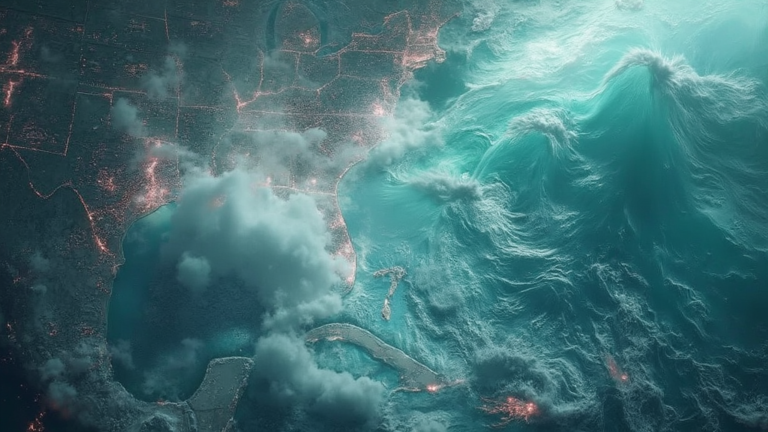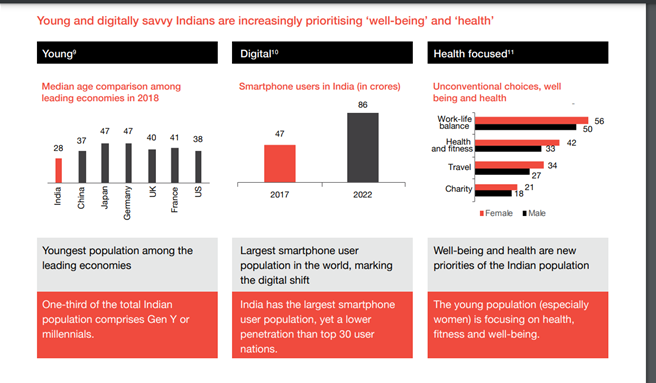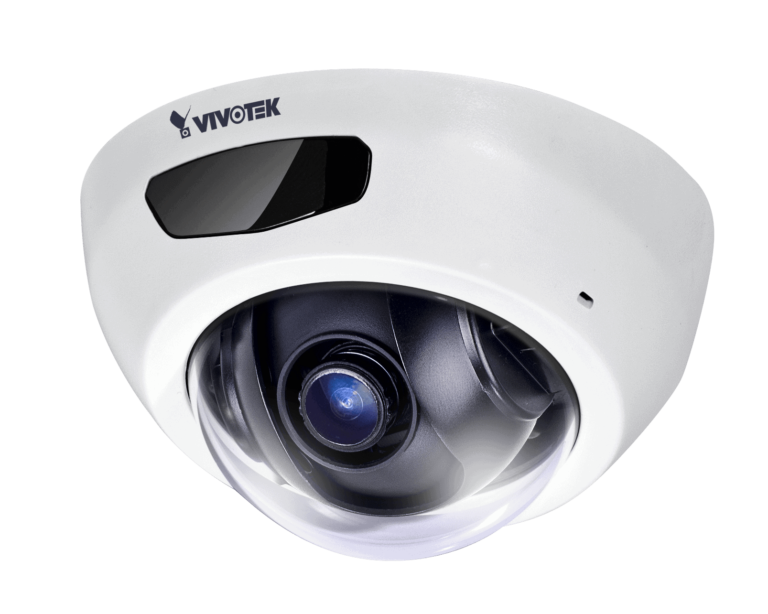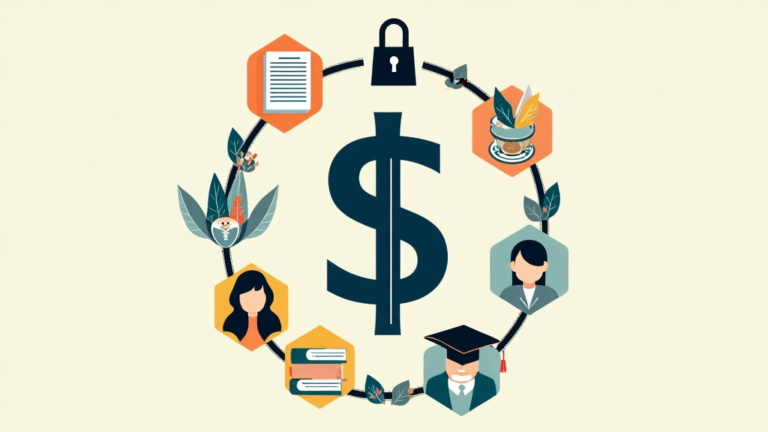Marine Insurance: Career Insights from Karen Griswold
Marine insurance plays a critical role in safeguarding the intricate web of global trade, providing essential coverage for vessels, cargo, and marine liabilities. As the marine industry continues to evolve, opportunities abound for individuals seeking marine industry careers, particularly for women in marine insurance who are breaking barriers and redefining roles. With robust marine underwriting training programs and mentorship initiatives, aspiring professionals can develop the skills necessary to thrive in this dynamic field. The ocean marine division, in particular, offers a diverse range of challenges, from managing the risks associated with cargo transport to navigating the complexities of international maritime regulations. Engaging in this sector not only promises a fulfilling career but also contributes to a more inclusive and diverse workforce in the marine insurance landscape.
The realm of maritime coverage, often referred to as marine insurance, encompasses a broad spectrum of services designed to protect against losses incurred at sea. This sector provides vital support for those pursuing careers related to the marine environment, including opportunities specifically tailored for women venturing into marine insurance. Various training programs in marine underwriting equip professionals with the necessary expertise to navigate this specialized field, while mentorship programs foster the growth of new talent. The ocean insurance sector itself presents a multitude of intriguing challenges that require a keen understanding of global trade dynamics and risk assessment. As the industry adapts to new developments, the need for diverse perspectives and innovative solutions remains paramount.
The Journey into Marine Insurance Careers
Entering the marine insurance industry can be an exhilarating experience, much like navigating the vast ocean itself. For many, like Karen Griswold, the journey begins unexpectedly, often stemming from a desire for change in one’s career path. With opportunities available in marine underwriting training programs, individuals can transition into this dynamic field without prior maritime knowledge. The initial steps might involve engaging in informational interviews or seeking mentorship from seasoned professionals, which can provide invaluable insights into the intricacies of marine insurance.
Marine insurance careers offer a unique blend of challenges and learning experiences. As trainees rotate through diverse areas such as cargo, hull, and marine liability, they discover the multifaceted nature of the industry. Each day can present new geopolitical scenarios and regulatory challenges that impact how insurance is underwritten. This constant evolution keeps professionals engaged and encourages continuous learning, making marine insurance a vibrant field to work in.
Empowering Women in Marine Insurance
The marine insurance sector has historically been male-dominated, yet the tides are changing as more women enter the field. Karen Griswold’s journey exemplifies the increasing representation of women in marine insurance, where mentorship and sponsorship play crucial roles. Organizations like the American Institute of Marine Underwriters (AIMU) and the International Union of Marine Insurance (IUMI) are pivotal in promoting gender diversity and providing platforms for women to thrive. Initiatives that celebrate and support female professionals are essential in transforming the landscape of the marine industry.
Having women like Griswold actively participating and leading in marine insurance creates a ripple effect, inspiring future generations to pursue careers in this sector. It is vital for women to find mentors and allies—both male and female—who can guide them through the challenges they may face. By fostering an environment of collaboration rather than competition, the marine insurance industry can cultivate a more inclusive culture, ultimately benefiting from the diverse perspectives that women bring to the table.
The Importance of Marine Underwriting Training
Marine underwriting training is a cornerstone for anyone aspiring to build a successful career in marine insurance. This specialized training equips individuals with the knowledge required to assess risks associated with various marine operations, from cargo transport to marine liability. Participants engage in comprehensive learning experiences that cover essential topics, including the geopolitical implications of shipping and the intricacies of global trade laws. This training not only prepares them for their roles but also instills a sense of confidence as they navigate complex marine insurance scenarios.
Moreover, practical experience gained during training is invaluable. Underwriters like Griswold highlight the importance of hands-on learning in understanding the nuances of marine insurance. By rotating through different departments, trainees can appreciate the interconnectedness of marine operations and develop critical thinking skills necessary for effective decision-making. As the industry continues to evolve, ongoing education and training remain essential for professionals to stay current with emerging trends and technologies.
Mentorship in Marine Insurance: A Pathway to Success
Mentorship is a powerful tool in the marine insurance industry, particularly for women looking to advance their careers. As Karen Griswold notes, having supportive mentors can significantly impact one’s professional growth. These relationships provide guidance, encouragement, and networking opportunities that are crucial in a field where navigating challenges can be daunting. By fostering a culture of mentorship, the marine insurance industry can help emerging professionals find their voice and build confidence as they take on leadership roles.
The importance of mentorship extends beyond individual success; it contributes to the overall health of the marine insurance sector. By promoting mentoring initiatives, companies can cultivate a more inclusive environment where diverse talents are recognized and nurtured. As women support one another and share their experiences, they not only empower themselves but also pave the way for future generations to enter and thrive in the marine insurance industry.
The Ocean Marine Division: A Dynamic Sector
The Ocean Marine Division represents a critical component of the marine insurance industry, encompassing various types of coverage, including cargo, hull, and marine liability. As an executive vice president in this division, Karen Griswold oversees a vast array of operations that require a keen understanding of global trade and maritime law. This sector is characterized by its dynamic nature, where professionals must stay informed about current events and geopolitical developments that can impact marine insurance practices.
Working in the Ocean Marine Division is both challenging and rewarding. Underwriters and insurance professionals are tasked with evaluating risks associated with maritime activities and ensuring that they are adequately covered. This involves assessing the unique needs of clients while navigating the complexities of international regulations. The ever-changing landscape of the marine industry ensures that no two days are the same, making it an exciting field for those with a passion for maritime affairs.
Building a Diverse Workforce in Marine Insurance
Diversity within the marine insurance industry is essential for fostering innovation and growth. As more women and individuals from various backgrounds enter the field, the industry benefits from a wealth of perspectives that can enhance problem-solving and decision-making. Karen Griswold emphasizes the importance of showcasing talent and encouraging diversity, which not only strengthens teams but also enriches the overall culture of the workplace. Organizations must prioritize diversity initiatives to create an environment where all employees feel valued and empowered.
By actively promoting diversity, the marine insurance sector can attract a broader range of talent, ultimately leading to improved outcomes for businesses and clients alike. As women and underrepresented groups gain visibility in leadership roles, they inspire others to pursue careers in marine insurance, creating a positive feedback loop that reinforces the value of inclusivity. The industry stands to gain significantly by embracing a diverse workforce, reflecting the global nature of the marine environment it serves.
Navigating Geopolitical Challenges in Marine Insurance
The marine insurance landscape is heavily influenced by geopolitical dynamics, making it crucial for professionals in the field to stay informed about global events. As Karen Griswold notes, understanding the political complexities of shipping routes and trade regulations is essential for effective underwriting. Changes in international relations or trade policies can significantly impact cargo operations, necessitating a proactive approach to risk assessment and management.
To navigate these challenges, marine insurance professionals must develop a comprehensive understanding of how different political climates affect maritime activities. This includes analyzing trade agreements, sanctions, and regional conflicts that could disrupt shipping lanes or alter client needs. By maintaining a keen awareness of these factors, professionals can better serve their clients and mitigate potential risks associated with marine operations.
The Role of Education in Marine Insurance Careers
Education plays a vital role in shaping successful careers within the marine insurance industry. Continuous professional development through workshops, seminars, and certifications is crucial for staying abreast of industry trends and best practices. Organizations like AIMU provide resources that enhance the skills of marine insurance professionals, ensuring they are well-equipped to tackle the challenges of a rapidly evolving market.
Moreover, educational programs that focus on marine insurance can help demystify the complexities of the field for newcomers. By offering structured training and mentorship opportunities, these programs empower individuals to pursue careers in marine insurance confidently. As the industry grows, investing in education and training will remain a priority to attract and retain top talent, ultimately benefiting the sector as a whole.
Networking Opportunities in Marine Insurance
Networking is an essential component of career growth in marine insurance, providing professionals with opportunities to connect, collaborate, and share knowledge. Events organized by industry associations, such as AIMU, foster relationships that can lead to mentorship, partnerships, and career advancement. For women in marine insurance, these networking opportunities are particularly valuable as they facilitate connections with peers and industry leaders who can offer guidance and support.
Building a robust professional network can open doors to new opportunities and help individuals navigate the complexities of the marine insurance landscape. Engaging in networking events, roundtables, and industry conferences allows professionals to exchange ideas, learn from one another, and stay informed about emerging trends. By prioritizing networking, marine insurance professionals can strengthen their careers and contribute positively to the industry’s growth.
Frequently Asked Questions
What is marine insurance and why is it important in the marine industry?
Marine insurance provides coverage for losses or damages to ships, cargo, terminals, and any transport associated with marine activities. It’s vital in the marine industry as it protects businesses from financial losses due to unforeseen events such as accidents, piracy, or natural disasters.
How can I start a career in marine insurance?
Starting a career in marine insurance typically involves educational programs or training, such as those offered by organizations like the American Institute of Marine Underwriters (AIMU). Gaining experience through internships or mentorships in marine underwriting training can also be beneficial.
What opportunities exist for women in marine insurance?
Women in marine insurance can find various opportunities for advancement, especially with the increasing focus on gender diversity. Organizations like AIMU and IUMI support women through networking, mentorship, and educational programs, promoting a more inclusive environment in the marine industry.
What does marine underwriting training include?
Marine underwriting training involves learning about various aspects of marine insurance, including cargo, hull, and liability coverage. Trainees often rotate through different units to gain comprehensive knowledge about the marine industry and develop skills necessary for analyzing risks and pricing insurance.
How can mentorship impact a career in marine insurance?
Mentorship plays a crucial role in marine insurance careers by providing guidance, support, and networking opportunities. Experienced professionals can share insights into navigating the industry, helping mentees to build confidence and professional relationships, which is especially important for women in a male-dominated field.
What are the current trends affecting the ocean marine division?
Current trends affecting the ocean marine division include geopolitical issues, global trade laws, and environmental regulations. These trends influence how marine insurance is underwritten and the types of risks that need to be managed in today’s evolving maritime landscape.
What skills are essential for success in the marine insurance field?
Essential skills for success in marine insurance include analytical thinking, risk assessment, negotiation, and strong communication. Understanding geopolitical factors and having a keen insight into global trade can also enhance one’s effectiveness in the marine underwriting process.
How has the role of women in marine insurance evolved over the years?
The role of women in marine insurance has evolved significantly, with increasing representation in leadership positions and active participation in industry organizations. Initiatives focused on diversity and inclusion have fostered a supportive environment, encouraging more women to pursue careers in this field.
What challenges do women face in the marine insurance industry?
Women in the marine insurance industry may face challenges such as gender bias and balancing family responsibilities in a male-dominated environment. However, with growing support networks and mentorship opportunities, many women are overcoming these obstacles and thriving in their careers.
How does global trade impact marine insurance?
Global trade impacts marine insurance by influencing the types of risks associated with shipping and cargo transportation. Changes in trade laws, tariffs, and international relations can affect shipping routes and cargo values, necessitating adjustments in marine insurance coverage and underwriting practices.
| Key Point | Description |
|---|---|
| Career Path | Karen Griswold transitioned from retail to marine insurance, starting as an underwriting trainee. |
| Training Experience | She underwent extensive training in various marine insurance sectors including cargo, hull, and marine liability. |
| Geopolitical Awareness | Griswold had to understand global shipping dynamics, navigating laws and regulations of different countries. |
| Current Role | Now an executive VP at Chubb, she oversees multiple facets of marine insurance. |
| Advocacy for Women | Griswold emphasizes the importance of mentorship and sponsorship for women in a male-dominated industry. |
| Diversity in Industry | She highlights the increasing gender diversity and the need for supportive networks for women. |
Summary
Marine insurance is a dynamic field that offers diverse opportunities for professionals like Karen Griswold, who transitioned into it without prior maritime experience. Through comprehensive training and a commitment to continuous learning, Griswold has navigated her way to a leadership position in Chubb’s Ocean Marine Division. Her journey underscores the importance of mentorship, advocacy for women, and the need for greater diversity within the industry. As marine insurance evolves, it remains crucial for organizations to foster supportive environments that empower all individuals, particularly women, to thrive in this complex and ever-changing sector.







